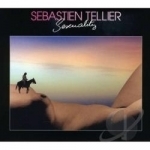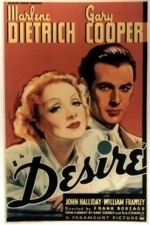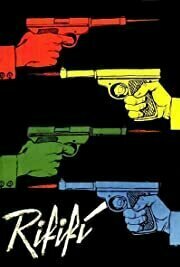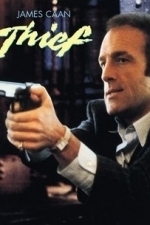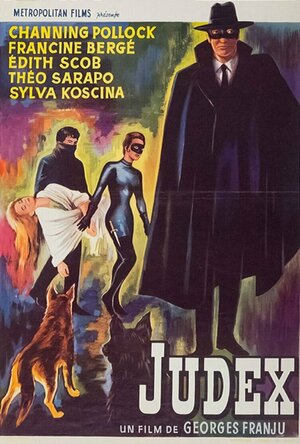
Orthofolie - Jeu d'orthographe et de dictée
Games and Education
App
Orthofolie is a funny spelling game for practicing French. The goal: Write properly as many words...
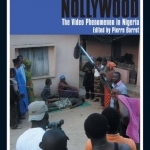
Nollywood: The Video Phenomenon in Nigeria
Book
With over 1,200 video films produced each year, Nigeria has become one of the most prolific...
Andre Jolivet: Music, Art and Literature
Book
This first book in English on the French composer Andre Jolivet (1905-1974) investigates his music,...
Colin Newman recommended Sexuality by Sebastien Tellier in Music (curated)
Olivier Assayas recommended Desire (1936) in Movies (curated)
Olivier Assayas recommended Rififi (1955) in Movies (curated)
Olivier Assayas recommended Thief (1981) in Movies (curated)
Olivier Assayas recommended Judex (1963) in Movies (curated)
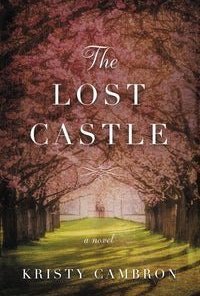
The Lost Castle
Book
A thirteenth century castle, Chateau de Doux Reves, has been forgotten for generations, left to ruin...
Historical Time-Slip Romance Inspirational

PONS Wörterbuch Bibliothek – Offline-Übersetzer
Reference and Education
App
Try before you buy: Find the dictionary you really need – with the PONS Dictionary Library. This...

